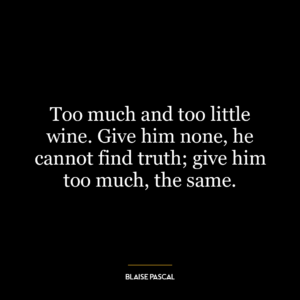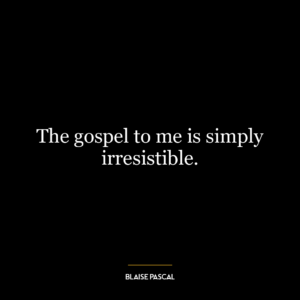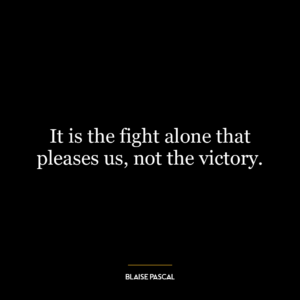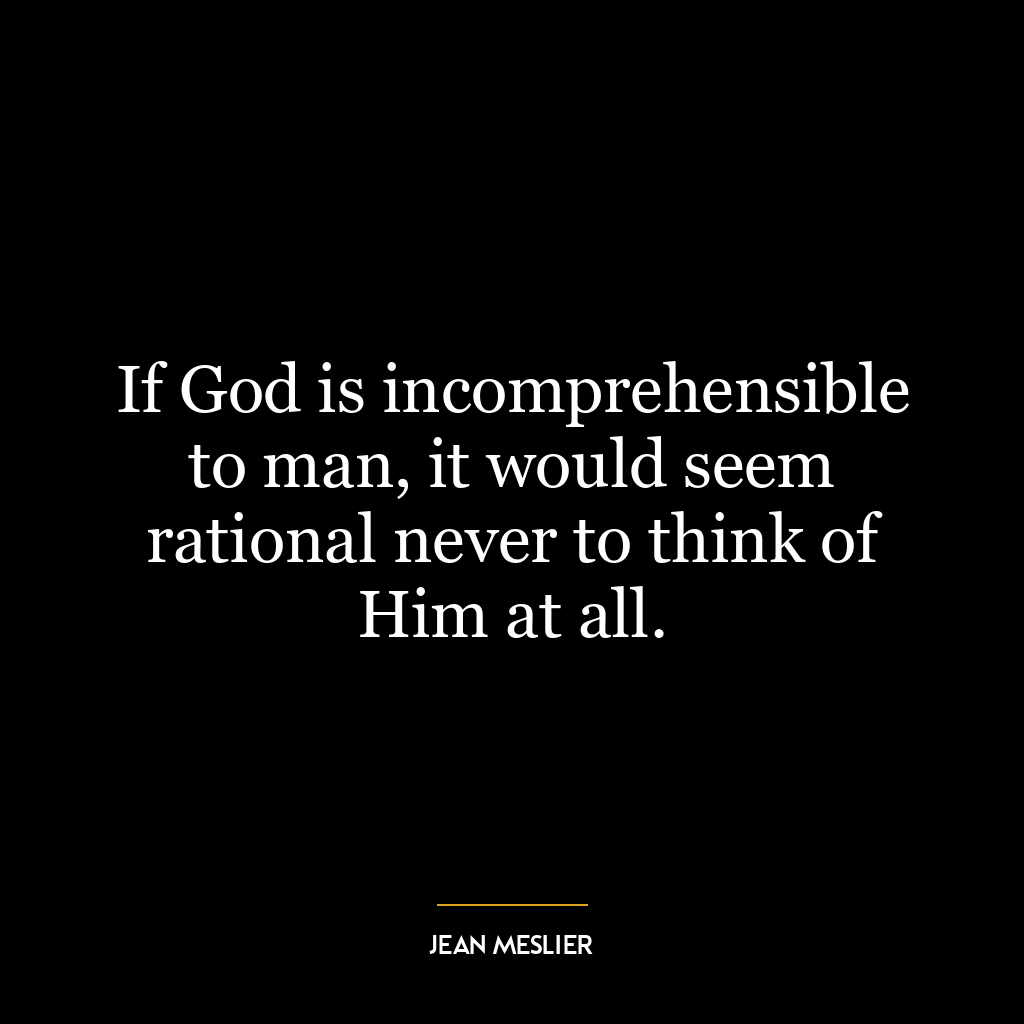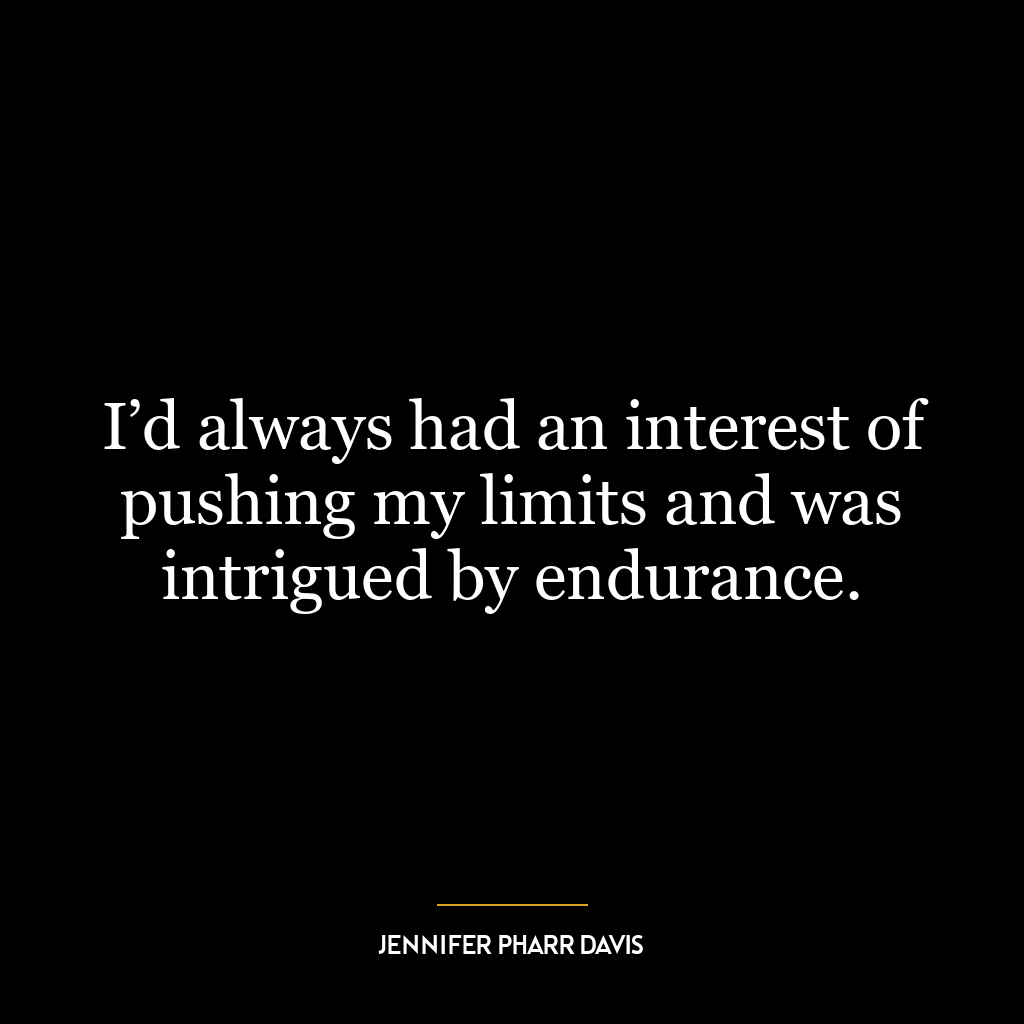This quote suggests that the ultimate purpose of rationality, or logical thinking, is to recognize its own boundaries. In other words, through rational thinking, we can come to understand that there are things in the world that cannot be fully comprehended or explained by logic alone.
Rationality, as useful as it is, has its limitations. It can help us solve mathematical problems, make scientific discoveries, and make decisions based on evidence and logic. However, there are aspects of life, such as emotions, consciousness, and the mysteries of the universe, that rationality cannot fully explain or grasp. These elements of life often require other ways of understanding, such as intuition, emotion, faith, or creativity.
Moreover, the quote implies that recognizing the limits of rationality is not a failure, but rather an essential part of wisdom and understanding. It’s about acknowledging that while rationality is a powerful tool, it’s not the only one we have at our disposal.
In today’s world, this idea can be applied in various fields. In science, for example, while rationality is crucial for developing theories and conducting experiments, scientists also acknowledge the existence of phenomena that they cannot yet explain rationally. Similarly, in philosophy or ethics, rational arguments are often used, but it’s also recognized that issues of morality and meaning often involve subjective or emotional components that go beyond pure rationality.
On a personal development level, this quote encourages us to balance our logical thinking with other aspects of our being. While rationality can help us make informed decisions, we must also listen to our emotions, intuition, and values. It’s about understanding that being human is more than just being rational. It’s about embracing the full range of our experiences and ways of knowing, and recognizing that there are some things in life that cannot be neatly explained or solved, but that doesn’t make them any less real or important.






